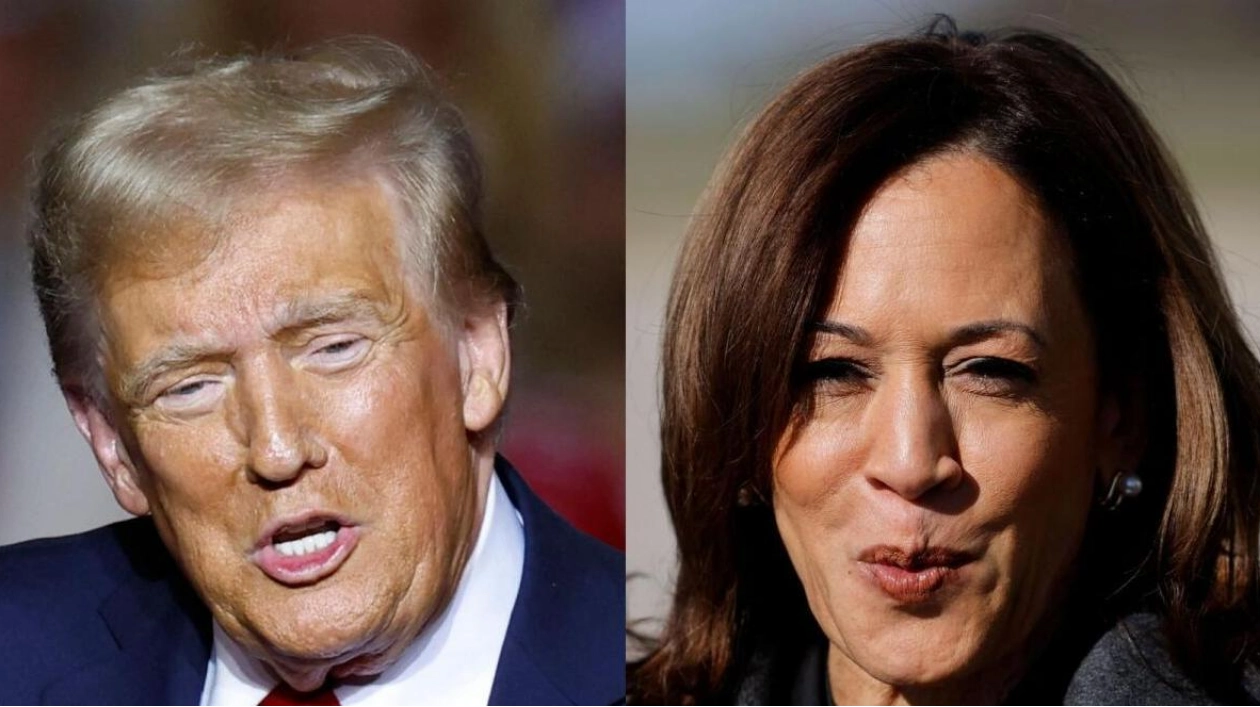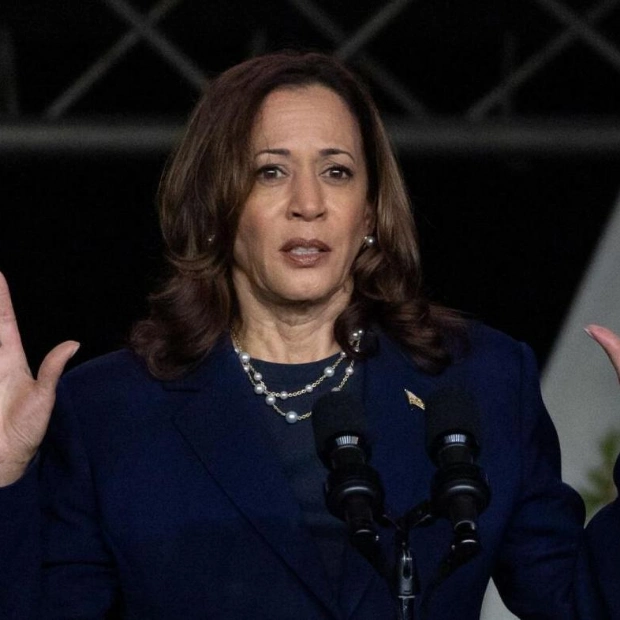Photos: AFP / Reuters
The US is the focal point of global attention as Americans prepare to vote for their next president in the coming days. Will Republican Donald Trump manage to secure a second term, or will Democrat Kamala Harris make history as the country's first female president? For those unfamiliar with the US presidential election process, here's a brief overview of how it operates and what to anticipate in the next few days.
When is the US presidential election? Although Election Day is officially set for Tuesday, November 5, many states provide early voting options, enabling Americans to avoid large crowds. Over 70 million ballots have already been cast, including a record-breaking four million in Georgia, where Democrats are pulling out all the stops to maintain their hold on the state.
Who is most likely to win? Current trackers in the US indicate a very close race between Trump and Harris, making it anyone's game. Opinion polls continue to show a tight contest, especially in the seven battleground states that are likely to decide the outcome under the US electoral college system.
How does the US presidential election work? The US employs an electoral college system for presidential and vice-presidential elections. Under this system, 'electors' are chosen for each state, and these 'electors' cast their votes for the top two positions. The 538 electors or members of the US Electoral College convene in their respective state capitals after the presidential election to declare the winner. A presidential candidate must secure an absolute majority of the electors—or 270 out of 538—to win.
So, how do these electors' votes reflect the citizens' choice? Each vote cast by Americans contributes to a statewide tally, according to an explanation on the US government's website. 'In 48 states and Washington, D.C., the winner takes all the electoral votes for that state. Maine and Nebraska allocate their electors using a proportional system,' it adds. This means it is possible for a candidate to win even if they received fewer votes from the general public. (For more details on how this can happen, click here.)
When will we know the winner? Typically, a 'projected winner' is announced on the same night after all votes are cast, according to the US government's website. However, given the close race between Trump and Harris, it may take several days to determine the winner. As ballots are counted, one candidate may initially appear to be leading, only for the other to narrow the gap as more votes are tallied. 'The actual electoral college vote takes place in mid-December when the electors meet in their states,' the US' official website notes.
(With inputs from AFP, Reuters)
Source link: https://www.khaleejtimes.com






